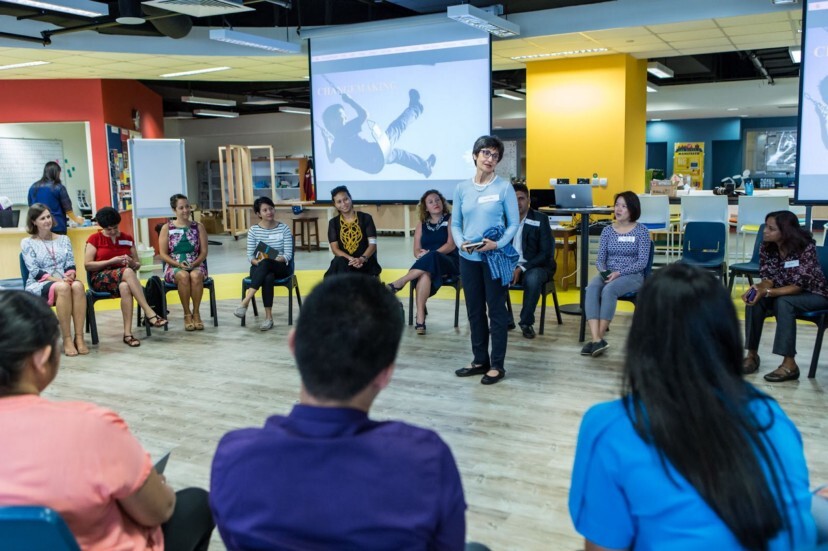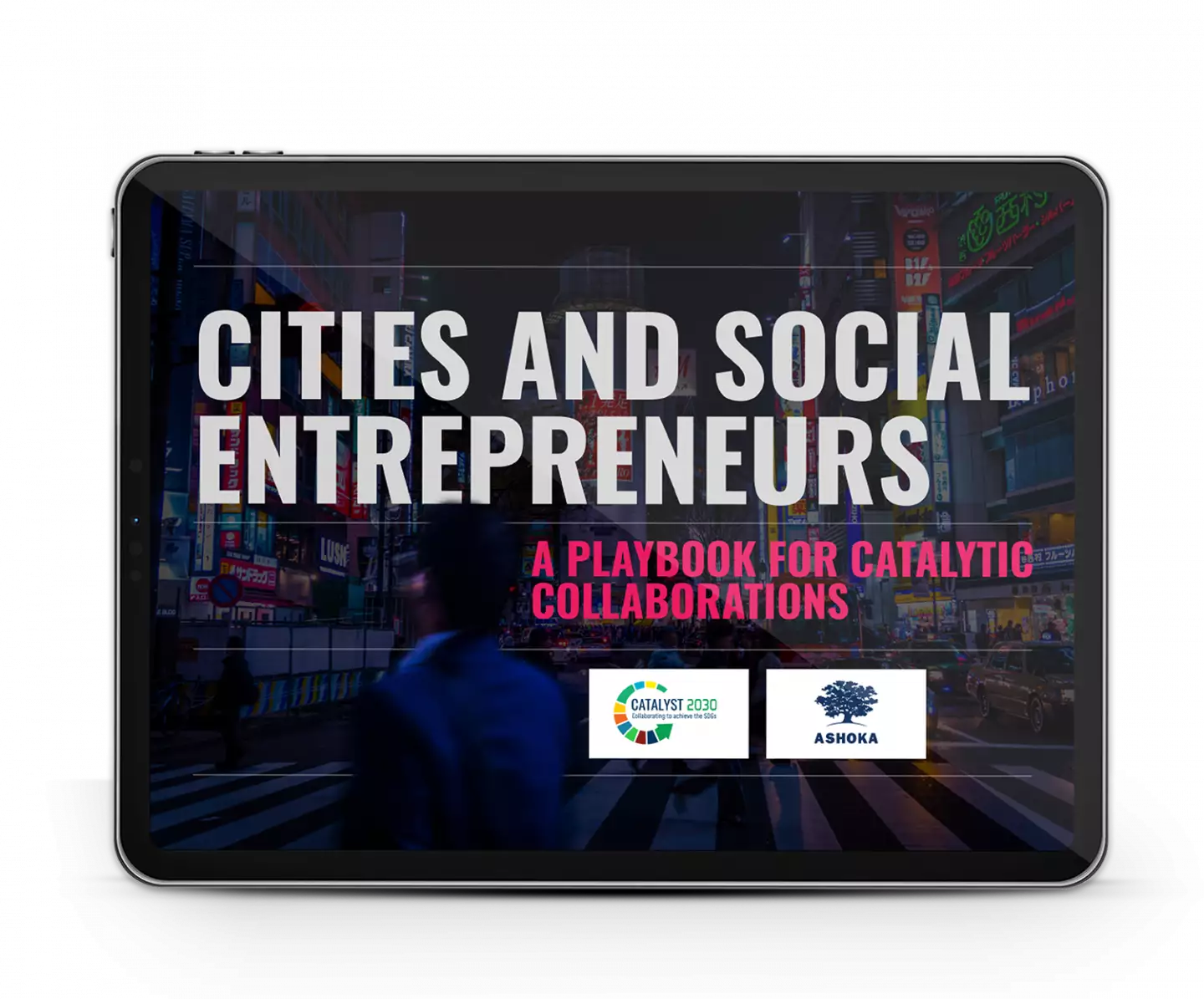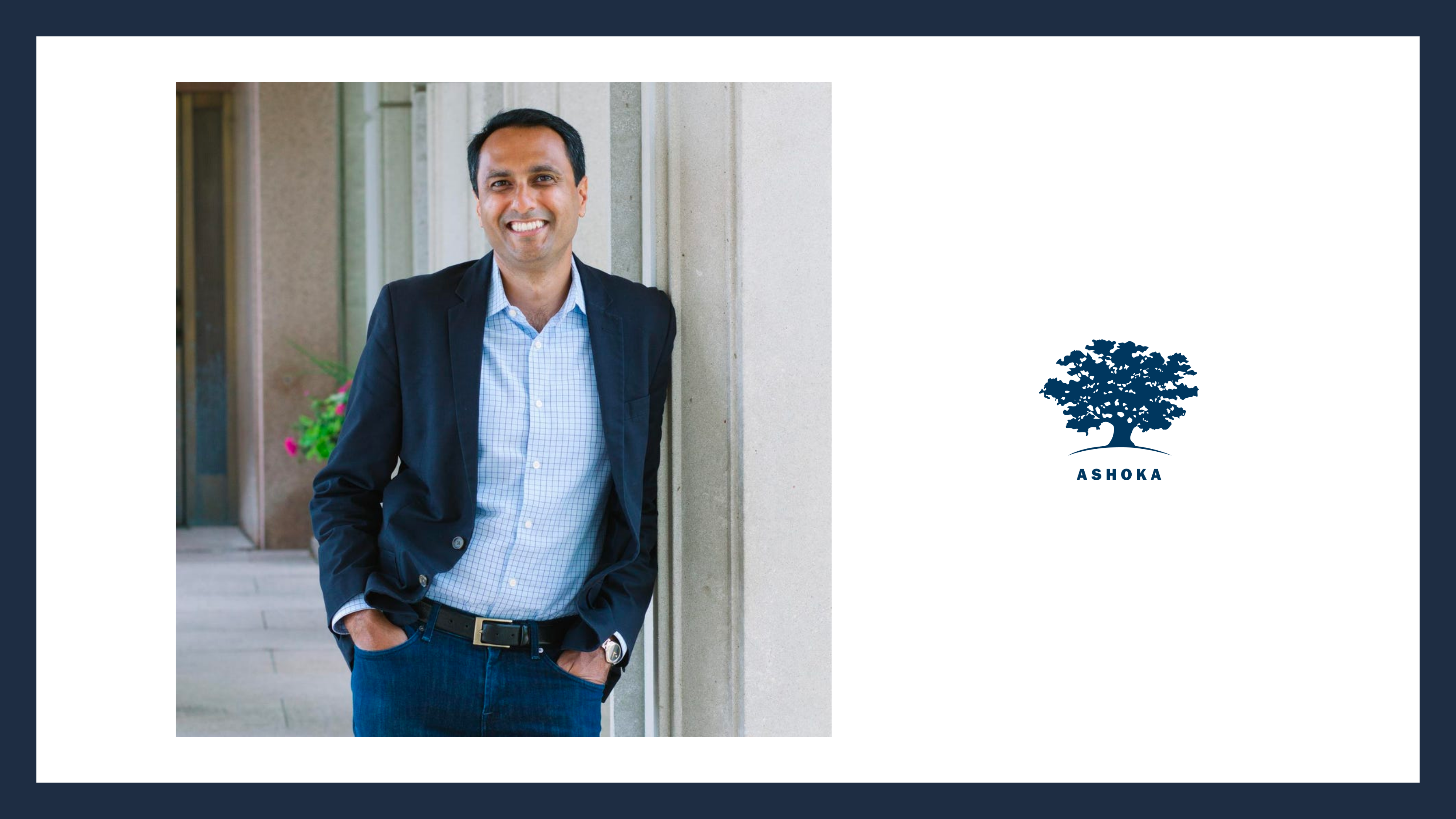
As we experienced crisis after crisis in the last year, institutions needed to innovate faster than ever. Governments, universities, and companies invited the public to help solve pressing problems — like innovating rapid Covid-19 testing — and rewarded the best solutions with prizes.
These competitions aren’t new. Going back centuries, innovation competitions have led to societal breakthroughs. Over 300 years ago, Britain offered the 20,000-pound Longitude Prize to whoever could figure out how to keep time on the sea. Napoleon launched a food preservation prize in 1795 that led to the invention of canned food.
In the 21st century, online innovation challenges became an internet sensation. Ashoka has hosted 110 online challenges for entrepreneurs, including several in 2020 (like this one for young climate changemakers and this one for entrepreneurs building the post-pandemic economy.) When Ashoka launched challenges 15 years ago, we became the first platform to publish all entries publicly, changing the user experience by allowing innovators to view one another’s ideas and exchange feedback.
We’ve seen how competitions help identify changemakers and find unorthodox solutions to our world’s most pressing problems. But we also know that a prestigious prize and a splashy solution aren’t enough to create a future where everyone is empowered.
Here are a few essential lessons we learned from nearly two decades of running open innovation challenges:
It’s not just about the money
While applying for an online competition is technically free, in reality it costs time and effort. For social entrepreneurs, for whom time and resources are usually in short supply, entering a challenge could take away from the valuable work they’re already doing. When just a few winners are rewarded, that time might be a waste.
We believe in the “everyone a winner” mentality — each applicant should receive a benefit from entering, regardless of if they make it to the final stage of competition. In the 2019 T-Mobile Changemaker Challenge, 30 young winners received seed money, but the top 100 teams — nearly a quarter of entries — had an opportunity for an individual phone consultation. All entries had the chance to tune into webinars about creating social change and received several rounds of feedback from evaluators.
This approach applies to the prize, too: Rather than fund one winning team, we aim to distribute it to multiple — often many — promising changemakers. For the 2020 GM Our Planet, Our Purpose: STEM for Changemaking Challenge, 25 winners won $1,000 — but more importantly, the chance to connect with each other, get advice, and even hear from extraordinary changemakers like Dr. Jane Goodall, DBE at a virtual summit.
Building community through challenges
“Ecosystem” may be a buzzword among entrepreneurs, but for good reason: they know that they can’t bring their ideas into reality or change systems without support. Entrepreneurs need collaborators, including peers and private-sector allies. Challenges are an entry into the wider world of social change, allowing innovators to make connections and ultimately make more impact.
Throughout the 2020 CTG Brazil Challenge, Ashoka brought changemakers across Brazil together into a unique community. From an ongoing series of webinars where participants (Challenge semifinalists and finalists) from different regions could exchange perspectives, to a storytelling workshop where finalists could practice pitching to each other, the challenge created spaces for connection and mentorship — inviting entrepreneurs to join a common learning journey.
And we can’t forget friendships: Hannah Lucas, a T-Mobile Changemaker Challenge winner who made waves with her mental health app, says the Challenge helped her meet her best friends. Our newly-launched challenge platform is designed to put community at the center, allowing challenge participants to get feedback, meet peers, and even stay connected after the Challenge closes.
Don’t miss out on internal change
The mainstream open innovation competition has often become transactional. In the business world, companies looking to cut costs source non-traditional innovations outside the company, while investing little in the field or developing a company culture that encourages employees to innovate for the common good. At Ashoka, we’ve learned that innovation challenges are the most powerful when they impact not only the entrepreneurs, but everyone — including employees.
In our challenges, partners get personally involved. Take the BetterwithPets Prize, hosted in partnership with Purina: the company’s business leaders and employees engaged in every stage — from reviewing challenge entries, to interviewing finalists, to participating in the Prize’s mentoring program, which matched early-stage entrepreneurs with Purina business leaders and engaged more established entrepreneurs alongside business leaders to go in-depth on “systems change.”
Eager to learn from social entrepreneurs, some Purina employees also joined Ashoka’s intrapraneurship course alongside employees from Ashoka’s other partners, to explore how to create positive social and environmental impact through their daily work.
The power of everyone
The open dimension of online innovation competitions unlocks an opportunity to hear ideas from changemakers who are outside of urban hubs or not connected to well-known organizations.
Inclusion is an important focus — from 2019 to 2020, the number of Ashoka Changemakers’ challenge applicants who identify with an “underrepresented community” grew from 35 percent to 45 percent, while the female applicants grew from 41 percent to 59 percent. Representation also plays a critical role in the selection process, as reviewers and judges seek to select a group of innovators from diverse backgrounds. This is an ongoing journey, and we’re striving to strengthen our approach to diversity, equity and inclusion across our challenges.
This approach applies to age, too. Challenges shouldn’t just be for older, more “established” participants — we’ve seen how the support young people receive through youth innovation challenges can fuel their journey and strengthen their confidence in their identity as leaders. The power of challenges isn’t for some, but for everyone.
...
In February 2021, Ashoka Changemakers launched a new Challenge platform that offers users a friendly, dynamically designed interface to share their ideas, get feedback, and connect with peers. Check out our most recent challenge —focused on Green Skills —and see more about our stories and opportunities.



